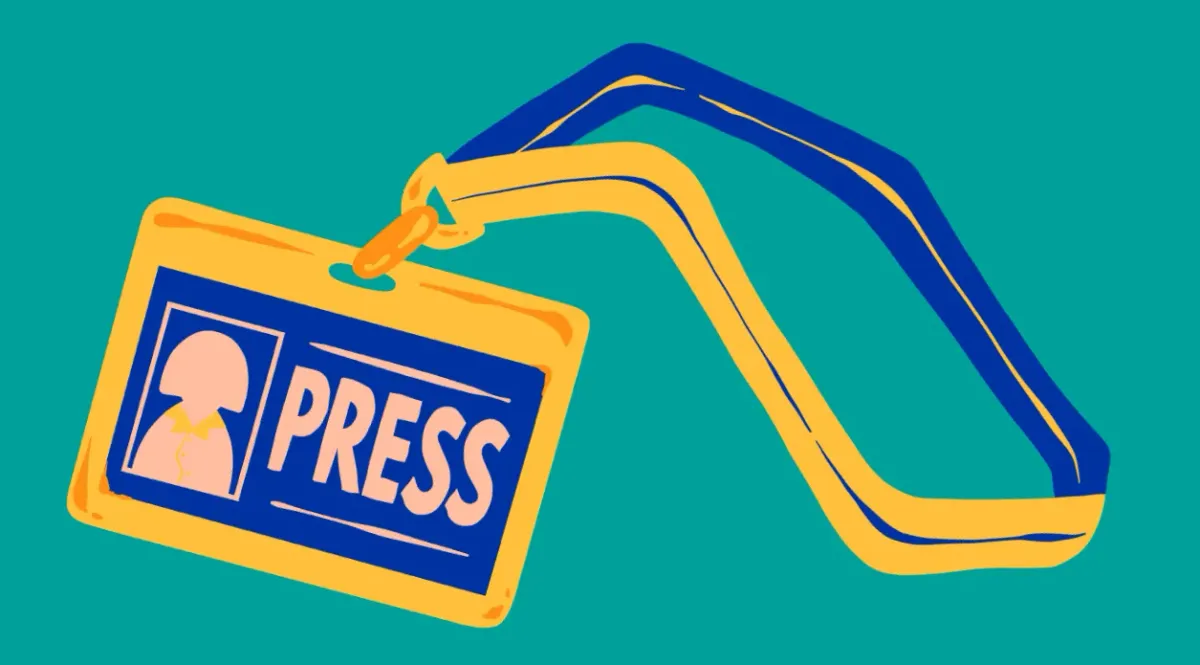A tipsheet on interviewing private citizens, video reflections from Broke in Philly reporters, and takeaways from Resolve’s first fellow

By Madison Karas, 2022 Resolve Philly Fellow
A year ago, I started with a blank slate as Resolve Philly’s inaugural fellow. To kick off the year-long, part-time fellowship program, I chose a project that explored deeper a topic that Resolve had already taught me so much about: the interactions between journalists and Philadelphia residents.
Prior to beginning as Resolve’s fellow, I had followed and learned from its Equally Informed Philly, Broke in Philly, and Community Engagement team initiatives throughout my time as a journalism and economics student at Temple University. As a student journalist, I took note of my communications with my sources and frequently sought guidance during my early career internship experiences about how to conduct interviews with sources.
Oftentimes, I felt like I was getting mixed messages from different places in the journalism world about what my relationships with sources should look like. When I encountered sources who were speaking to the media for the first time or weren’t familiar with journalism processes (which — surprise — was most people), I wanted to know how I could explain my newsgathering process in a way that covered all the important elements for a trusting relationship.
Enter: The Interview Transparency Project. In a time of distrust and fragmented relationships between journalists and the communities they cover, this project looked into ways to facilitate engagement, transparency, and trust in a place reporters and residents most often interact — the interview stage. With the help of Resolve’s director of community engagement, Derrick Cain, reporters and editors in the Broke in Philly collaborative, and several friends at journalism support organizations and schools across the country, I researched and compiled methods journalists can use during interviews with private citizens.
Below, you’ll find a factsheet called “What’s Your Process?” which can be used by journalists with and without “engagement” in their title, any reporter looking to develop their interviewing skills, and for student journalists who are learning to cover their communities. In addition, watch a video from this project featuring Broke in Philly reporters talking about their interview processes with public and private citizens.
The Interview Transparency Process Factsheet | Resolve Philadelphia
To everyone who chatted with us in interviews about interviews for this project, thank you for helping surface conversations about what relationships between journalists and residents can look like when care is incorporated into the process. Doing this fellowship during my senior year of college and finishing it while transitioning into my full-time journalism career gave me hope for how newsrooms can cover communities if we continue honestly reflecting on our processes.
If you’re interested in continuing reading about this topic, check out the list of references and organizations at the end of the factsheet, and watch us talking about this project and other Philly media makers discussing reporter and resident relationships at WHYY’s Neighbors and Newsrooms Summit from earlier this year.